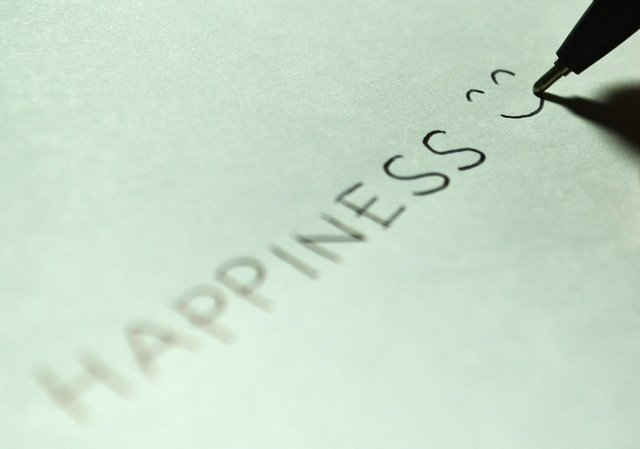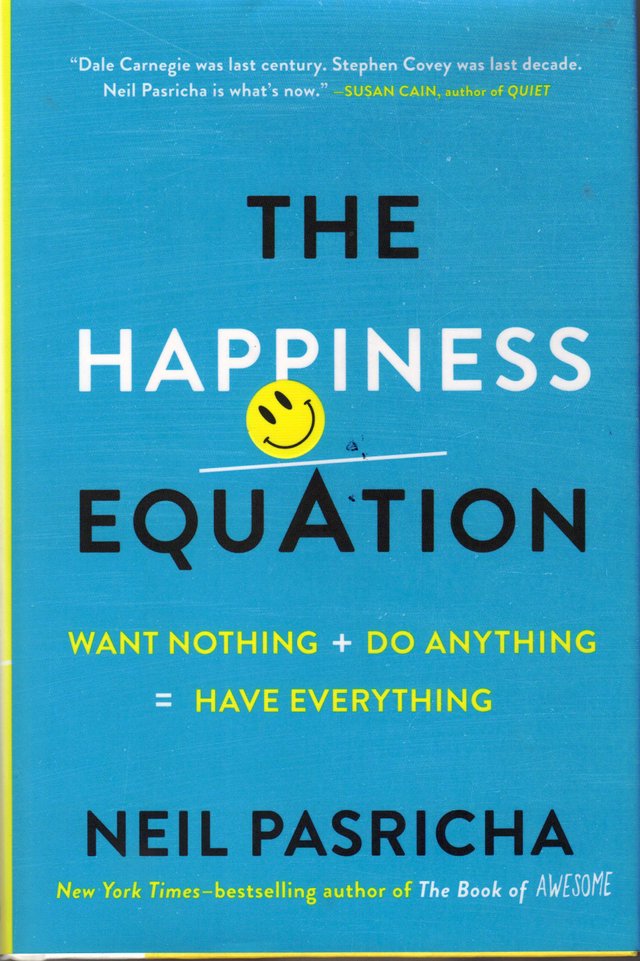A Happiness philosophy
There is a consensus on the importance of happiness and dissemination of high morals, and its positive impact on education in particular, and in the lives of the students in general. But the dispute between educating experts revolves around how to deploy happiness among the students, whether this is through the addition of a new school subject called “happiness”, or doing so will deprive it form its essence, and makes it a material for a test like any other material, and be the cause of more educational pressure, and therefore to misery rather than happiness?
It is certain that some see the school with the task of dissemination of satisfaction and high morals and happiness among the students exceeds its capacity, but recent theories show that a sense of satisfaction and happiness is not based on relaxation and drowsiness, but on the contrary, giving effort and overcoming the challenges and passing the odds makes a person feel the value of the achievement, which he has done, and then feel self-worth and his ability to achieve high goals.
Consideration should be given to education in a more comprehensive perspective, so that is not limited to the academic side, i.e., the acquisition of knowledge and getting high marks in tests only. With the emphasis on the importance of access to information and the acquisition of various educational skills, education also includes character building, so the best education is that achieves a balance between the mind and the soul, and field research results indicate that education is the most important factor in achieving happiness, and to the same extent, the happiness is more effective in education factors. Happiness does not mean denying the absolute seriousness of life and its difficulties and its problems, but rather represents a contribution to the development of mental health and to manage life in a successful manner. Many of the studies conducted on teaching Happiness subject led to the growth of the students’ sense of stability and psychological sense of self-worth and internal satisfaction, as students become more inclined to independence, and the ability to self-control and a sense of belonging to the community and enthusiasm for work and personal maturity. The observance of happiness and a sense of satisfaction in a private school subject is not limited to the mental health of students, but also provides an ongoing debate educationally meaningful and missions expected of young people in conjunction with the stages of their development.
The debate about a new subject called “Happiness” touches the dispute based on the dual role of the school, they are on one hand demanded the transfer of specific knowledge and skills, on the other hand providing guidance and direction needed for working life. Therefore, there are subjects serving the first task, such as mathematics, natural sciences, social sciences and languages, and there are materials that focus on the other side, notably art, physical education, religious or moral education.
Some are convinced that everything occupying people lives and keeping them busy should be given as a study material. There are those calling for the introduction of a private school subject to deal with social networking in general, and the Internet, and other material for healthy nutrition, and a third for the protection of the environment, and a fourth drug, and the other for first aid. In this framework, a proposal comes to introduce “Happiness” to school curriculum, as if teaching it will make everyone happy. The better alternative for the introduction of an additional material is the reform of the educational process, to be the whole source of thrill and happiness to children and youth, by the combination of different subjects, whether it is intended to impart knowledge or character building.
Happiness is not achieved through a specific subject, or doing frills on the educational process, but in the context of the deployment of an environment which calls for happiness, that satisfaction prevails through students' sense of belonging to the community, and that there is no student isolated from the others, as well as cooperation between teachers and students and among the students themselves is based on respect and appreciation.
These are simple things may seem naive, but they help influence the psychological case for the student, such as when teachers and all of the school staff are seen smiling and greeting the student, not ignoring him, as if this student is not worth attention.
The teaching of “Happiness” might turn things upside down. Instead of repairing the dysfunctional cases, if we were to say to students: “The school has provided you with material for happiness, if you don’t become happy, then it’s your fault, the flaw is inside you!”, as if he is able to ignore everything around him, and move on to a fantasy world that does not exist on earth!




You might enjoy reading Free to Learn: Why Unleashing the Instinct to Play Will Make Our Children Happier, More Self-Reliant, and Better Students for Life by Peter Gray.
Yeah I passed by this book while researching for this post, I'll consider grabbing it :)
Educators have a tough job nowadays that is for sure.
Don't worry, be happy.
I believe that you are responsible for your own happiness. Pursue your hapiness
Happiness isn't ease in life, its how me process the events in life. Exploring this with my husband I came to the realization that its not as easy for some as it is for others. I am able to process everything woth the silver lining in focus, whereas my husband has to actively work to do so.